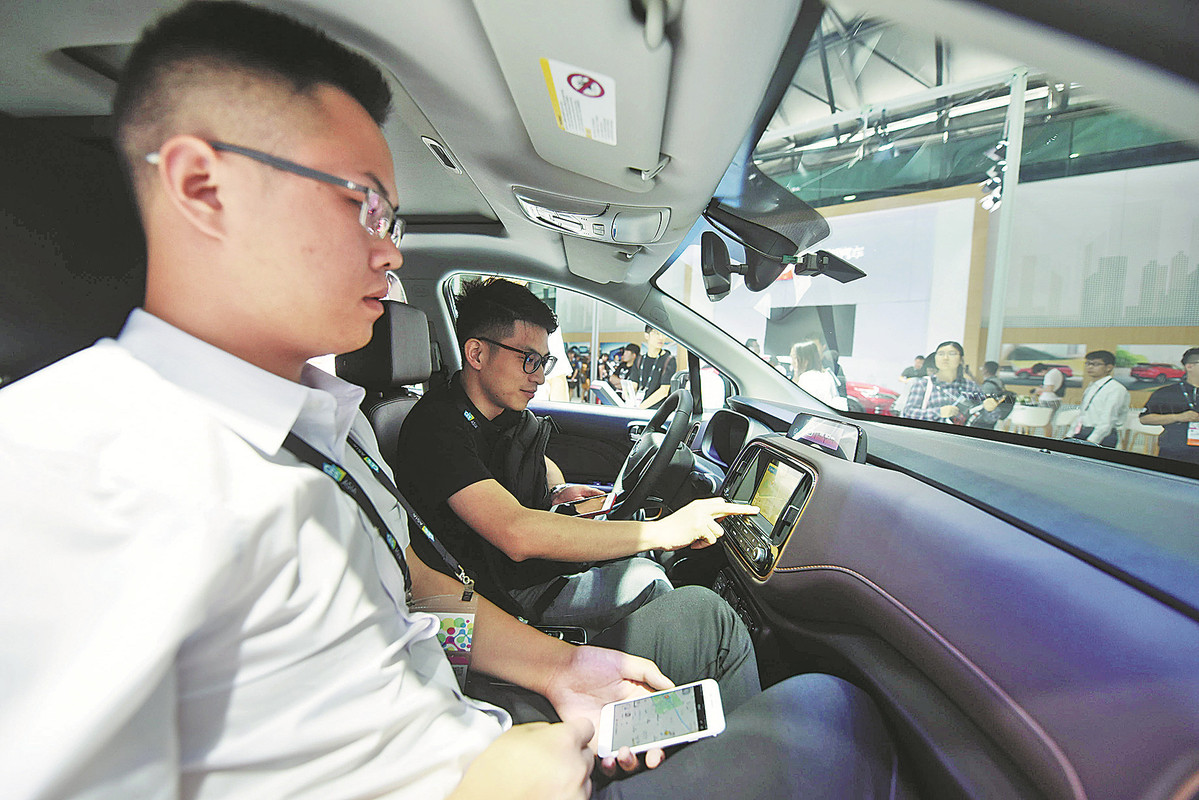Intelligent, connected cars hold keys to the future


Chinese search engine giant Baidu Inc has taken the lead in China to realize fully automatic driving under the mixed road conditions of urban roads, beltways and expressways, and has achieved mass production of the Apolong, China's first Level 4 fully self-driving mini bus. It plans to ship the buses to Japan early next year.
Baidu has been engaged in the automobile industry since 2013.
"The Apollo project launched by Baidu in 2017 has become the world's largest intelligent driving environment," said Robin Li, chairman and CEO of Baidu.
The Apollo intelligent driving system has attracted 129 eco-partners and over 10,000 developers to create products so far. Due to the open platform, many "new species" of autonomous driving have become involved, such as driverless trucks, unmanned delivery vehicles, unmanned sanitation cars and autonomous wheelchairs.
Li said Baidu has pushed forward with a series of initiatives aimed at limiting unintended consequences from artificial intelligence, as the internet giant has taken safety and security as its first principles in the development of autonomous driving.
E-commerce leader Alibaba Group Holding Ltd has been developing its own internet-connected vehicle technology. The technology giant collaborated with SAIC Motor Co and launched the internet-connected model, Roewe RX5, sparking a buying frenzy.
Alibaba said it believes the development of intelligent connected vehicles should not be limited to the product itself, but expand the vision from the car to the road.
"It's worth thinking about whether smart cars can effectively use road resources," said Wang Jian, chairman of the Alibaba Group Technical Committee. "The internet should be another form of infrastructure for cars, just as roads are."
Alibaba's plans for automatic driving run alongside its vehicle-road synergetic project, which sees autonomous vehicles driving in an information-based environment and obtaining required road environment information from the intelligent transportation system.
Wang said technological progress is closely related to the optimization of urban resources.
"Only when the least physical resources are used to support the development of transportation, the era of intelligent connected vehicles will really begin," he said.




































